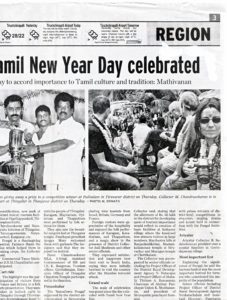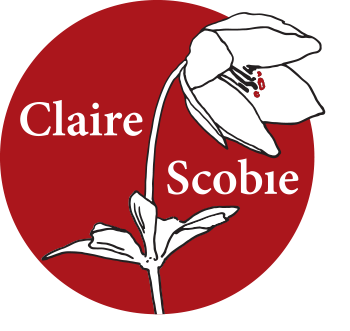13 Sep What it takes to research a book
You never know what you’re going to do to research a book. For The Pagoda Tree I’ve shared my hotel room with a rat, ridden on a bullock cart, met a prince and driven all night from Delhi

Claire on the back of a bullock cart, snapped in The Hindu paper
to Pushkar in search of the perfect crumbling palace. I’ve trespassed and been chased by a fist-waving security guard; had my breast groped, once; had a parrot read my fortune, twice; eaten with my fingers off a banana leaf, lots. Most enjoyable of all, I’ve worn a sari.
The major difference between investigating an article compared to a book is the amount of stuff you need to know. And the length of time it takes to find out.
English novelist Sarah Waters once described how her characters seemed to ‘come out of the mist’ of the historical material once she’d done enough. But how much is enough? Kate Mosse (Labyrinth, Citadel) says she spends three-quarters of the time it takes her to write a novel doing the research. I resolved to follow Louis de Bernières advice not to research too much after he became bogged down in Turkish history when writing Birds without Wings.
I started in all the obvious places: online, Google books, Google scholar. I spent numerous weeks in the India Office Records in the British Library in London. I also made four trips to India. First stop was the palace library in Thanjavur where the effable Mr Perumal, ensured regular cups of chai as I read dusty manuscripts; then a raft of libraries in Chennai.
 The most fruitful was the Adyar Library. The man at the front desk was a stickler for rules and said I needed a letter of request to join. An elderly lady over-rode him and allowed me in, as long as I was barefoot and didn’t plug in my laptop, ‘too much electricity use.’ Each time I went back the rules changed but it was worth it for the discovery of some rare eighteenth-century Tamil texts.
The most fruitful was the Adyar Library. The man at the front desk was a stickler for rules and said I needed a letter of request to join. An elderly lady over-rode him and allowed me in, as long as I was barefoot and didn’t plug in my laptop, ‘too much electricity use.’ Each time I went back the rules changed but it was worth it for the discovery of some rare eighteenth-century Tamil texts.
Just like when I am following the breadcrumbs of a story, I also made contact with local reporters. I visited Chennai’s eminent historian; sat in on classical dance classes and interviewed a Tollywood – the Tamil version of Bollywood – star. Wherever I went, I followed the ol’ journalistic trick of ‘following your nose’.
5 Tips on Researching a Book
- Be prepared for the long haul
You have to devise systems and tricks to keep you writing during the slow times. As I’ve said before, I find the writing software Scrivener invaluable. It’s more user-friendly than Microsoft Word as you combine all research and writing in one project.
- Write as you research
Obvious but too often writers feel like they have to know everything first. If you don’t know how your character physically travelled from A to B, get her there anyway and then work out later if they travelled in a pony and cart, a carriage or a Morris Minor.
- Create your own research system
Whether it’s the old-fashioned card index, post-it notes in books, photographing sources with your I-phone or a spreadsheet, keep a note somewhere of the titles of every book, page reference and any quotes as you go. Update regularly. If necessary use a referencing system like Endnote – useful if you have an extensive bibliography and footnotes.
- Create your own personal deadlines
Schedule each ‘to-do-section’ in your calendar and block out periods of time. Be realistic. Give yourself extra days for the tricky bits. If giving yourself a word-length target – say, to write 1000 words a day – is counter-productive then set yourself a time-based target of two hours. Write as much as you can during that time, with no distractions.
- Enlist help from experts
Contact people who know your subject better than you do. Interview them, ask them to recommend the best books, ask them to fact-check key sections. Librarians and archivists are particularly helpful.
